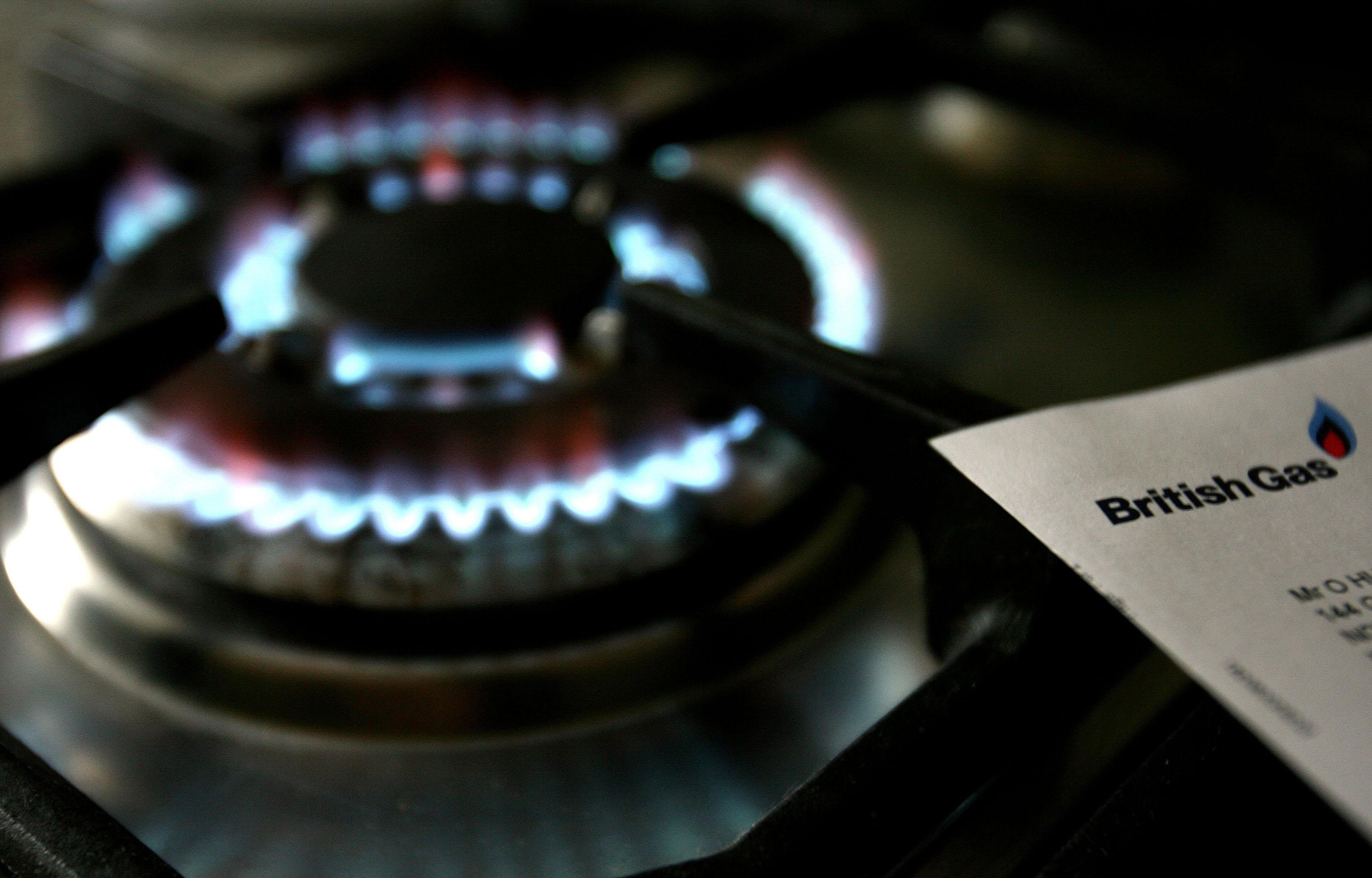Energy price cap: What are the new direct debit rates for gas and electricity?
Households set to save at least £1,000 on average compared with Ofgem’s October price cap, officials say

Your support helps us to tell the story
From reproductive rights to climate change to Big Tech, The Independent is on the ground when the story is developing. Whether it's investigating the financials of Elon Musk's pro-Trump PAC or producing our latest documentary, 'The A Word', which shines a light on the American women fighting for reproductive rights, we know how important it is to parse out the facts from the messaging.
At such a critical moment in US history, we need reporters on the ground. Your donation allows us to keep sending journalists to speak to both sides of the story.
The Independent is trusted by Americans across the entire political spectrum. And unlike many other quality news outlets, we choose not to lock Americans out of our reporting and analysis with paywalls. We believe quality journalism should be available to everyone, paid for by those who can afford it.
Your support makes all the difference.The government has revealed the new average unit prices for electricity and gas to be paid by direct debit customers under Liz Truss’s plans to ease the cost of living crisis.
Intervening to control the devastating price rises facing the country, the new prime minister announced on Thursday that average annual household energy bills would be limited to £2,500 for two years, starting from October.
Ms Truss’s government’s new “energy price guarantee” replaces regulator Ofgem’s existing price cap, under which average household energy bills had been set to soar next month from £1,971 to £3,549.
The new “guarantee” will set a cap on the unit price of energy, meaning that the actual bill paid by households will vary depending on how much gas and electricity they use.
In an update on Friday evening, the Department for Business, Energy and Industrial Strategy (BEIS) revealed that, as of 1 October, the average unit price for dual fuel customers on standard variable tariffs, paying by direct debit, will be limited to 34.p/kWh for electricity and 10.3p/kWh for gas, inclusive of VAT.
For those on fixed tariffs at a higher rate as a result of the October price cap increase, unit prices will be reduced by 17p/kWh for electricity and 4.2p/kWh for gas, the department said.
Because these savings are applied to Ofgem’s October energy price cap rates, which are regional, the final cost per unit will differ for customers on fixed tariffs based on where they live in the UK, The Independent understands.
Suppliers have been informed of these new unit prices to ensure that they are used to calculate bills in time for 1 October, according to the government.
Average standing charges – a fixed amount paid daily for energy to be supplied to your home – will remain in line with the levels initially set under Ofgem’s October price cap, and will see a typical dual fuel customer paying by direct debit charged 46p per day for electricity and 28p per day for gas.
For households in England, Scotland and Wales who pay for their energy through a monthly, quarterly or other regular bill, the government’s price guarantee will be applied when your bill is calculated. While the energy system is different in Northern Ireland, Ms Truss said that her interventions “will apply” in the region.
The government estimates that its guarantee will now see those living in detached houses pay an average of £3,300 in annual bills – a saving of £1,400 compared with the expected rise in costs under Ofgem’s price cap. Those living in flats are predicted to save an average of £700, with revised annual bills of around £1,750.
Despite the annual cost of energy set to remain at an average of £2,500 for the next two years, the one-off payment of £400 announced by ex-chancellor Rishi Sunak earlier this year – to be paid in six monthly instalments from October – has not been extended.
With Ms Truss so far refusing to entertain calls for a windfall tax on the profits of oil and gas firms to fund the vast intervention, taxpayers stand to foot the bill.
The government intends to subsidise suppliers to cover the cost of keeping prices for consumers low, but estimates vary wildly for the ultimate price tag given the unpredictability of the rocketing wholesale market.
While No 10 and the Treasury have refused give their own estimate, chancellor Kwasi Kwarteng is expected to give the first official prediction in his emergency budget later this month.
Experts have suggested the intervention could cost as much as £150bn, but Whitehall insiders believe the final bill will fall below £100bn.


Join our commenting forum
Join thought-provoking conversations, follow other Independent readers and see their replies
Comments